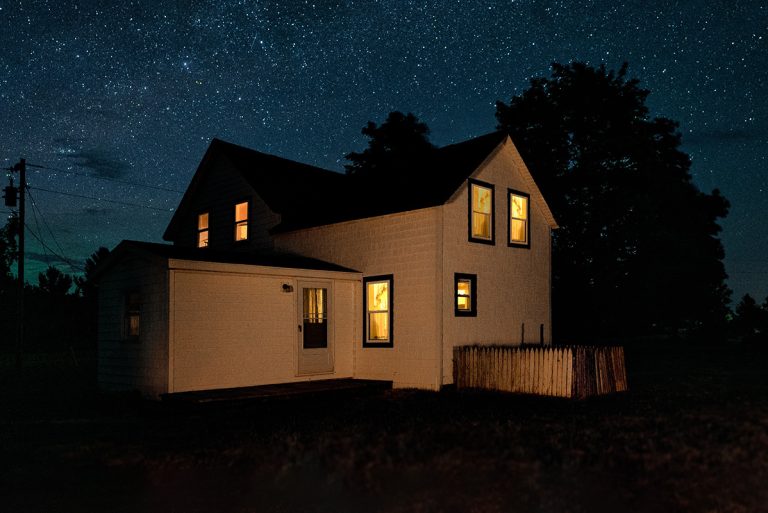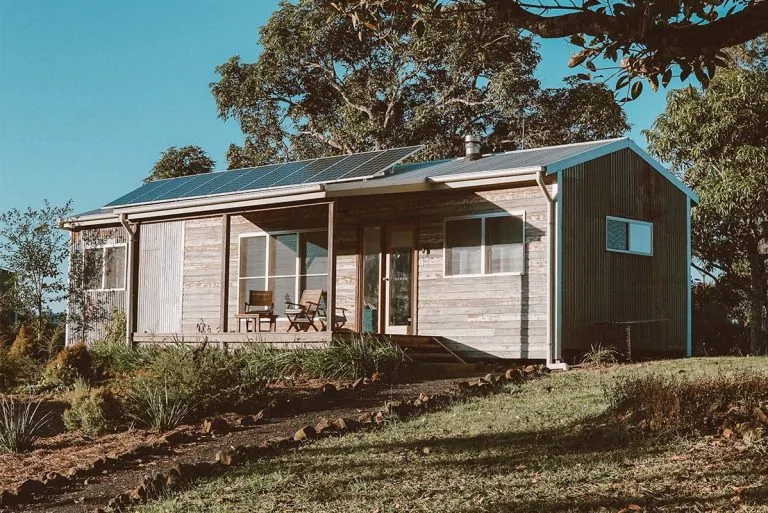Getting free weekend electricity sounds too good to be true, right? As a responsible consumer, you may have heard of these deals offered by electricity suppliers and dismissed them as false.
But with rising electricity costs – up 15.8% in the last year – many consumers have a dire need to reduce their consumption and energy costs.
While these plans do provide free-of-charge electricity during nights and weekends, most plans come with a slew of additional charges and considerations that you need to evaluate carefully. This type of offer may not suit your lifestyle, or may not really save you money at all.
As a consumer, it’s crucial to consider the benefits and pitfalls of subscribing to one of these free weekend and night electricity plans.
To help you reach a decision, our guide will show you exactly how to get free electricity on weekends, whether it’s the best idea for you, and key considerations for your switch.
What does free weekend electricity really mean?
More and more electric providers are advertising free electricity deals. These plans allow customers to use power for free either all night, every night, or for the entire weekend.
But why do providers offer these plans, and what does it really mean to sign a contract for free weekend electricity?
According to the service providers, they offer these plans on nights and weekends to shift the energy load to off-peak times. This is because if too many people use too much energy during peak demand times it could create more demand than supply could provide.

One example of peak demand times is the winter, when cold temperatures are common and homes need to be heated during the day and night. As remote and hybrid work models have become more common, more workers are at home more often, and thus require electricity.
Imbalancing the supply and demand of energy creates increased stress on our aging electricity grid, which could lead to brownouts and blackouts. In addition, the cost of electricity is relatively lower during weekends, so it is possible for providers to offer these kinds of deals to many customers.
The idea of free electricity on the weekend originates from ‘time of use plans’, an electric rate schedule that adjusts the price of your electricity based on when you’re using it.
With time of use plans, the cost of using electricity is higher during hours of high-energy usage to more accurately reflect the cost of electricity on the grid at that time. For example, energy usage is typically high at night, when residents return home from work and school. Consumption during these times will come with a higher price tag.

What’s important to consider with these free weekend and night plans is your lifestyle. If you work outside and home during the day, this plan might be a good fit for you. But if you often travel on the weekends, it might not make sense. There are a few other ways to save money with electricity – using a prepaid electricity plan, for example.
However, before signing onto one of these promotional plans, you should have a good idea about your home’s average electricity consumption during weekdays and weekends.
For instance, free electricity on the weekend plan could start at 6 pm on Friday and stop at 11:59 pm on Sunday. Therefore, if your electricity consumption is high during weekends, you can make some considerable savings.
How do free weekend electricity plans work?
So, how do these plans work?
To know the approximate consumption of your home, energy providers use a smart meter. They take a reading every 15 minutes to understand your consumption, and offer specific plans in accordance with your usage.
To get a good idea of what your current usage rates are, you should review some of your old bills to calculate an average of your monthly energy usage.
Because while it may sound too good to be true, the hours advertised as “free” on popular free nights and weekends plans are truly free. There are several important considerations when understanding the costs that come with these promotions, however.
How to get free weekend electricity: what to consider
Often, these plans are advertised in a way that looks misleading, and clients may not fully understand what they signed up for.
To determine whether free nights and weekend offers will actually work best for your home, you can take a few steps to prepare and understand all the considerations before signing a contract.
Estimate your bill
First, you should get a good idea of what you might pay with this new plan in comparison to your old one. To estimate your bill, check your meter and old energy bills and make a few calculations.
To evaluate your daily consumption, take the reading of your digital or smart electric meter during the day and night, so that you can ascertain how much energy you consume during the weekdays.
If the amount of electricity consumed during weekdays is much less than what you utilize throughout the weekend, a free weekend electricity plan may be a great option for you.
You should estimate your bill by looking at:
- The percentage of usage in normal times x energy rate
- Usage x utility company rate
- Then, amount 1 + amount 2 + other fees = estimated bill
Be sure to factor in the utility charges you’ll see on your new bill, as those won’t change by switching to a new plan or new energy plan.
It’s important to note that often, ‘free power’ plans can cost you even more than you typically pay.
Why? Because suppliers charge high fixed-rates when you are paying for usage, in exchange for those free hours of electricity on weekends or nights. The rate you pay for your weekdays may turn out to be double the rate that you’d normally pay.
Pay attention to the length of the contract
In most cases, electricity suppliers offering free weekend plans want their customers to enter into a long-term contract with them. The minimum time period for a free weekend plan is 12 months.
These contracts are binding, and you’ll be locked into the rates that have been agreed upon between you and the supplier. This means that even if your usage pattern changes, you have no other choice but to continue paying high electricity bills.
Therefore, if the length of the contract is too long; getting this plan would not be a wise decision.
Know your energy charges
It’s critical to know the exact electricity charges that you need to pay every month. Usually, suppliers charge nearly double the usual rates when offering plans that provide free electricity on nights and weekends.
These free hours of electricity are truly free, and you won’t have to pay charges to your electricity company during free hours.
However, there are often additional charges that electric suppliers do not mention.
You will likely have to also pay:
- Transmission and distribution charges for the utility company to physically deliver energy to your home
- Base charges if you don’t use enough energy during a given billing cycle
- The other fees and charges that typically appear on your bill, regardless of your usage
These fees can add up quickly, especially when you’re already paying rates that are higher than normal. To make sure that these additional charges are worth it, make sure to compare your typical daily usage on the weekends versus the weekdays.
Cancellation fees
Before you even sign up for a plan, think about what will happen if you need to leave or change that plan in the future. It’s important to know how much, and if, the supplier you plan to sign a contract with will charge you a cancellation fee.
If you have entered into a long-term contract with a supplier and are unsatisfied with the rates you are paying, you can usually exit the contract, but must consider the cost of their cancellation fee.
Compare the different plans
It can be very beneficial to compare the details and costs of free weekend and night plans that are offered by different providers. By comparing the plans of one company to another, you can get an idea which company is charging the most.
Most suppliers charge 35-50% higher rates on these free weekend plans. To ensure you’re getting the best deal, you can compare the plans of different companies and choose the one with the lowest rates and recurring charges.
How to compare free energy plans
In order to compare different free weekend electricity plans, you can start with the websites of different suppliers in your area. Often, you can choose either one-year or two-year plans depending on your needs.

The electricity suppliers should clearly indicate the time when free power starts, and when it ends. To understand whether a given plan would work with your energy usage at home, look to your smart meter to provide all the necessary information.
By researching some of the free electricity on weekends plans, you can outline the different details of these plans. It will make it easy for you to reach a decision that aligns with your energy needs.
Make sure to weigh the pros and cons of this type of plan for your specific energy needs. Once you know exactly what type of plan suits your home best, you can get the maximum advantage out of it.
Final thoughts on free weekend electricity
Free weekend electricity plans are often launched by energy suppliers to draw in new customers and incentivize the time of use payment structures.
In addition, by offering free nights and weekends, energy providers encourage their consumers to utilize the most energy during off-peak hours. This structure helps the supplier to balance the supply and demand of energy.
Oftentimes, consumers do not fully understand all the charges they are paying for, or do not realize that their supplier is charging rates that are higher than their original plan.
Avoid falling into this predicament by weighing all of the considerations above and ensuring that a free weekend and night plan is best for your lifestyle and your home’s energy needs.
Though the many details to keep in mind can be confusing, these plans are ultimately best when the amount of electricity consumed during weekdays is much less than what you utilize throughout the weekend.













